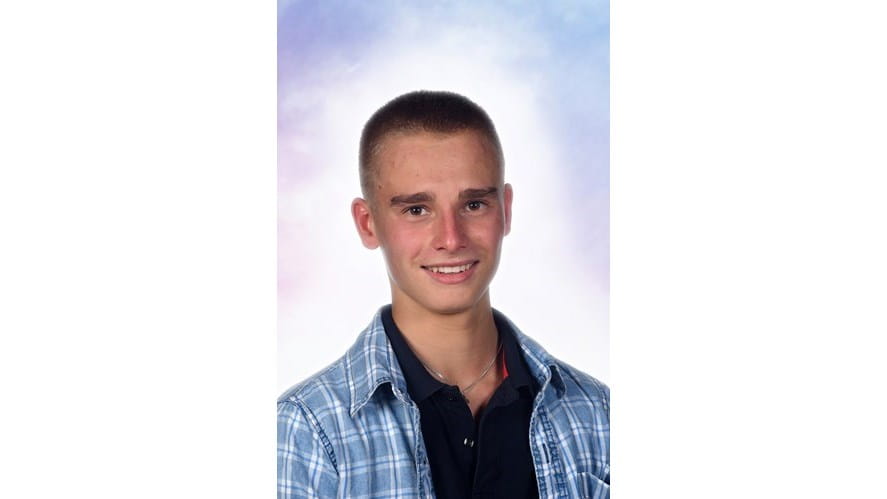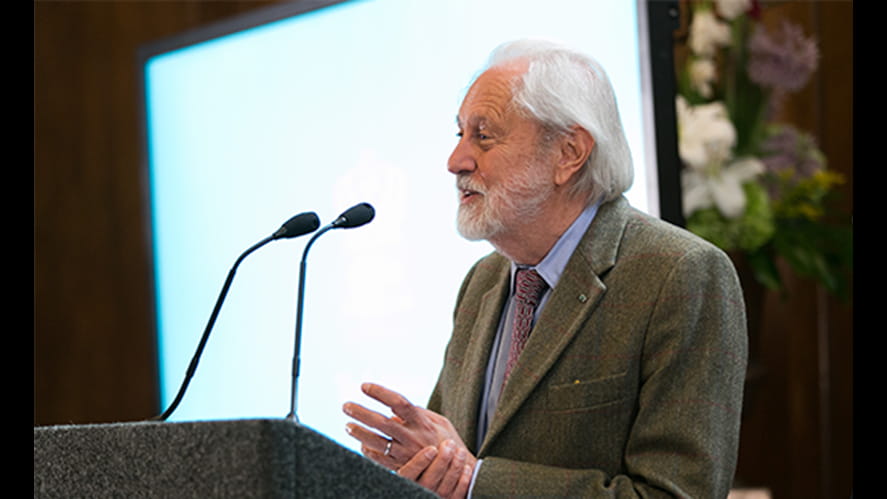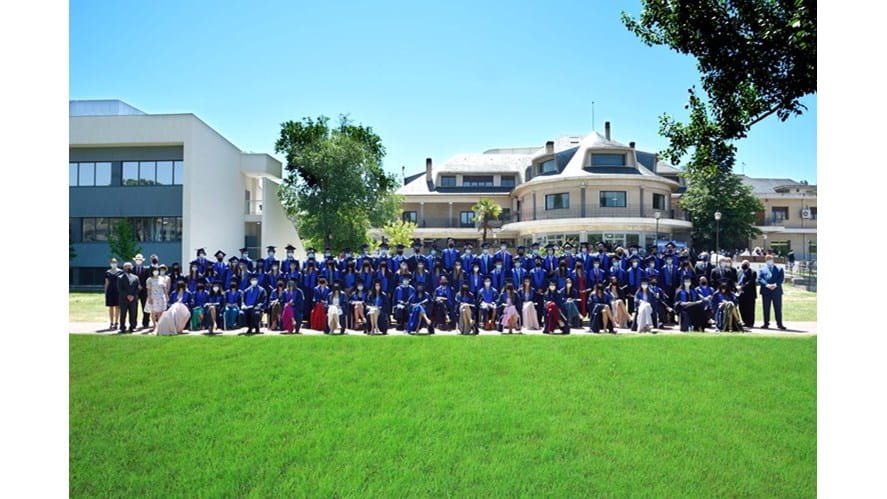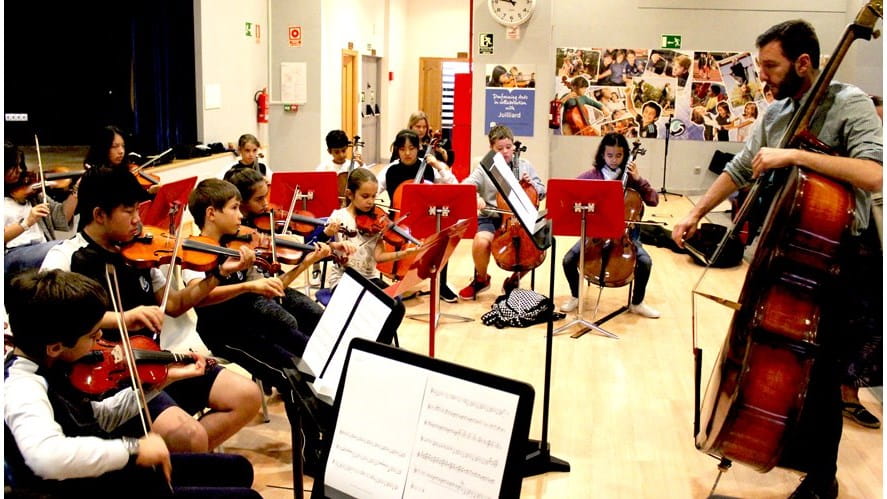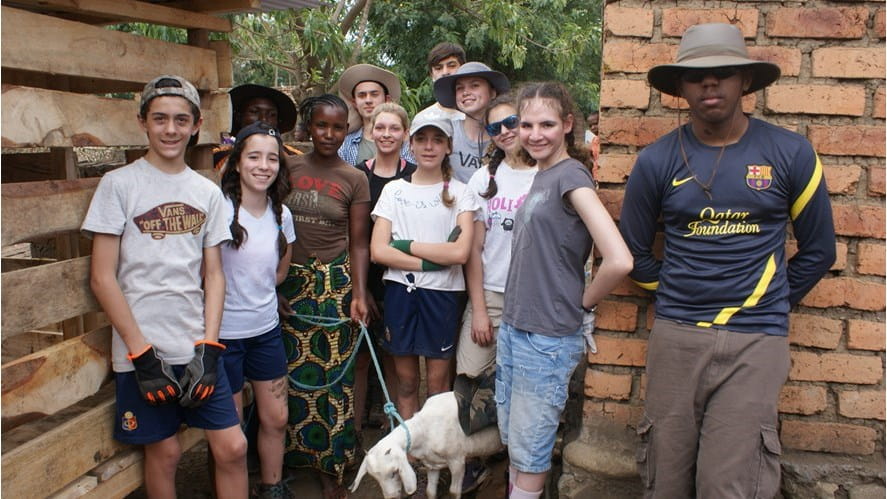A New Recruit for Oxford University
We are extremely proud of our amazing graduates, in particular Lucas our Valedictorian and now Oxford University student from the Class of 2017.
Lucas Stolle is from Germany and came to our school in 2013. He graduated from ICS this summer and was named Valedictorian by his peers and teachers, a proud accomplishment for any graduate.
His future studies have taken him to Oxford University in the UK where he is reading Biochemistry (Molecular and Cellular) for a 4 years MSci programme at the Somerville College Campus.
We asked Lucas why he chose Oxford as his next stage in life.
“At ICS I got very interested in Biology and Chemistry and was quite torn as to what subject I would like to dedicate myself to. Initially, I thought that Medicine could combine my two passions, whilst yet providing a human aspect to my future profession. However, after an internship in a hospital, I realized that the routine and the surprisingly little patient contact (in terms of a paperwork to contact time ratio) of an average practitioner were not for me. Additionally, I wanted to pursue a more scientific career, which Medicine could simply not provide.
Obviously my perception of the biochemistry course may be biased, however, I truly believe that it is one of the most developing contemporary STEM fields. This combined with my passion for Biology and Chemistry made biochemistry the most intuitive course choice.
My decision to apply to Oxford was initially, purely based on Oxford’s academic reputation, as well as its placement in the global University rankings. However, as I read more into Oxford’s university life, I realized that it is more than a purely academic institution. Instead, it is a community that relies on every member functioning academically, as well as in terms of extracurricular activities.
How are you finding your first few weeks of university, how different is it to being at ICS?
Tough! Our introductory talk started with the rather encouraging sentence: “You will have more work than is humanly possible to accomplish”; and up to now the biochemistry course is living up to this.
The program generally encourages a 1:1:1 ratio between sleep, work and social activities. Whilst this may not sound like a lot (especially to those 11th and 12th graders at ICS that probably have an astonishing workload by this time of the year) it is incredibly draining. This is because everything that we learn is completely new to us. The biochemistry course consists of classes ranging from applied mathematics, to quantum mechanics, to molecular biology. To make sense of the lectures we need to constantly read independently and make sure that no details are neglected.
Having to do laundry, cook and complete all those other chores that used to be done almost magically around the house, does not make it easier either.
University life is definitely very different to life at ICS, because it is a lot more independent; both academically and socially. But I love it!
What did ICS and the IB Diploma Programme provide you with in terms of skills and attributes to become valedictorian and achieve your place at Oxford?
Before my time at ICS, I was not interested in studies at all. School was boring to me and seemed more like a punishment than an opportunity. Though once I started at ICS, this all changed. Classes started becoming more and more interesting, ultimately convincing me to work harder and towards a goal – a place for my preferred field of study at a good university.
ICS, therefore, provided me with the curiosity that ultimately pushed me to work hard in my subjects and achieve my goal.
In terms of direct skills, ICS has certainly provided me with the ability of time management, discipline and coping with large workloads.
What would you recommend to anyone applying to university especially those thinking in applying to Oxford or similar universities?
There is no easy, fool proof way to get into Oxford. Of what I have noticed, everyone here got into Oxford because of their ability to outwork others. This is both good and bad news, for whoever is interested to apply and get into equivalent universities. On one hand, it is achievable for anyone who puts their mind to it; on the other hand, it is a painful process requiring a lot of hours spent behind the desk.
For anyone who wants to apply to Oxford, simply ask yourself: “Why should they pick someone else?” If you don’t have an answer to that, go for it! I have spent 4 years studying next to most of you, and I know that you can get in, if you put your mind to it!
Where do you see yourself in 10 years’ time.
I am still 18 years old, and nowhere near the point where I have planned my life out. Currently, I am intrigued by the idea of following up on the Biochemistry MSci course with a Ph.D. and going into cancer research. There are many universities that offer research coupled with teaching opportunities for Ph.D. researchers. Otherwise, an MBA might be a suitable gateway to a more industrial application of biochemistry.
10 years for an 18 year old is a very long time-span, and whilst I would like to see myself as a research scientist with fascinating and hopefully ground-breaking research at this point in time, my goals may change in the not too distant future.



